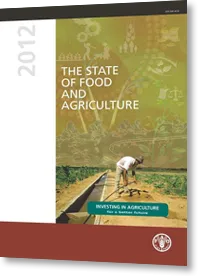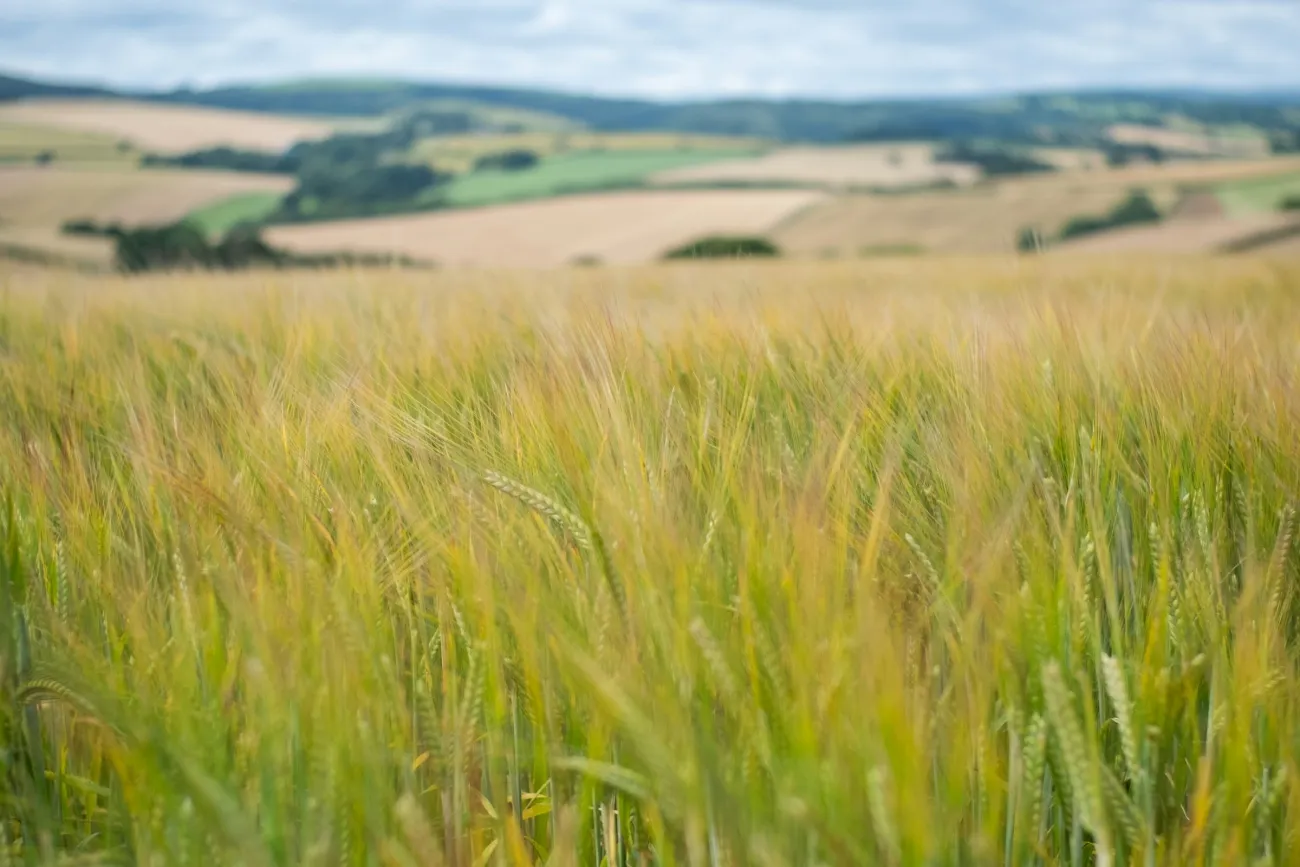The UN’s Food and Agricultural Organization (FAO) has released their annual flagship publication on the theme “Investing in agriculture for a better future”. The report says that farmers are the largest investors in developing country agriculture and argues, therefore, that farmers and their investment decisions must be central to any strategy aimed at improving agricultural investment. However, they need a favourable climate for agricultural investment based on economic incentives and an enabling environment.

The report argues that Governments have a special responsibility to help smallholders overcome the constraints they face in expanding their productive assets and to ensure that large-scale investments in agriculture are socially beneficial and environmentally sustainable. The report also presents evidence showing how public resources can be used more effectively to catalyse private investment, especially by farmers themselves, and to channel public and private resources towards more socially beneficial outcomes.
Key findings of the report include the following:
- Investing in agriculture is one of the most effective strategies for reducing poverty and hunger and promoting sustainability. Demand growth for agricultural products over the coming decades will put increasing pressure on the natural resource base, which in many developing regions is already severely degraded. Investment is needed for conservation of natural resources and the transition to sustainable production. Eradicating hunger sustainably will require a significant increase in agricultural investment and, more importantly, it will require improving the quality of investment.
- Farmers in low- and middle-income countries invest more than four times as much in capital stock on their own farms each year as their governments invest in the agriculture sector. The overwhelming dominance of farmers’ own investment means that they must be central to any strategy aimed at increasing the quantity and effectiveness of agricultural investment.
- Farmers invest more in the presence of a conducive investment climate and that their investment is more likely to have socially and economically beneficial outcomes. In the absence of an enabling environment and adequate market incentives, farmers will not invest adequately in agriculture and their investment may not yield socially optimal results.
- Smallholders often face specific constraints, including extreme poverty, weak property rights, poor access to markets and financial services, vulnerability to shocks and limited ability to tolerate risk. Governments can help alleviate many of these risks.
- Public investment in agricultural research and development, education and rural infrastructure yields much higher returns than other expenditures such as input subsidies. Investing in public goods for agriculture yields strong returns in terms of both agricultural productivity and poverty reduction, indicating that these are usually compatible, not competing, goals.
To access the report, click here.




Comments (0)